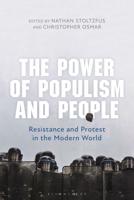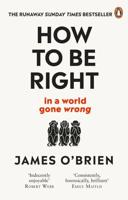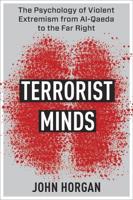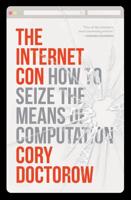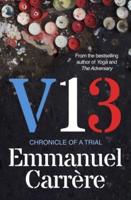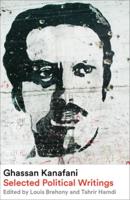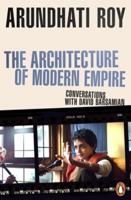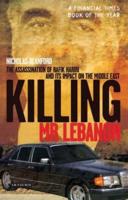Publisher's Synopsis
Few groups are ready to attach the label 'terrorists' to themselves, while regimes confronted by violence routinely appropriate the term for organisations that pose a threat to their interests. - - Defining and delineating political terrorism is plagued with difficulties; these are routinely rehearsed in the literature, not least because the term is loaded with assumptions sometimes encapsulated as 'one man's terrorist is another's freedom fighter' and also it is laden by pejorative connotations, in part, because of the way 'terrorism' has been employed by politicians and the popular media. Most attempts at definition are geared to its control and prevention rather than to providing a frame of reference for analysis. - - The 29 articles reprinted here establish the key contours of modern terrorism. While no single work can provide all of the answers to what is and is not terrorism; or provide a unified vision of what constitutes terrorism, this volume aims to shed critical light on the difficulties of determining its limits and nature. The authors address several major themes within terrorism: its definition, whether it is a distinct species of political violence or an extension of other forms of activity such as low-intensity warfare, differing manifestations of terrorism, the question of whether it is a new form of the phenomena has emerged since the end of the Cold War, to whom the use of the technique is most likely to appeal and the character of persons who implement terror.

